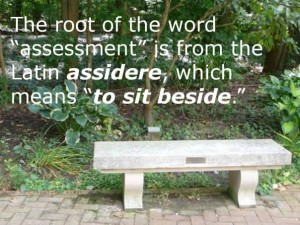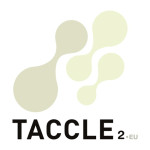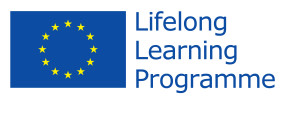
Thanks to Tony Gurr – from his excellent website https://allthingslearning.wordpress.com
I have just come back from Online Educa, an annual event in Berlin. I think this is about the 6th or 7th year I’ve attended because together with colleagues from Pontydysgu, we do the conference internet radio programme which goes out live each day.
As well as the keynote presentations and workshop sessions, there is a large exhibitions of vendors promoting their software. Each year there seem to be ‘fashions’. This year was definitely the year of anti-Plagiarism software and Examination and Assessment packages.
Now Plagiarism is not top of the agenda in primary schools – you KNOW they are all going to cut and paste entire Wikipedia entries about ‘Giraffes’ or ‘Grandmother’s Washing Day’ (even getting the average 8 year old to acknowledge their source is a major breakthrough) so I gave these stands a wide berth. However, I was pretty interested in the assessment stuff. It occurred to me that most of our posts on this site are about using digital technologies in the classroom for teaching and learning but there is very little about using technology for assessment or feedback even though this is a crucial part of learning. With this in mind, I set off to try out some of the new wonder-tools thinking I might be able to share the best with Taccle2 blog readers. Here are my less-than-profound conclusions.
- they were all expensive
- they were all very boring
- they were all more or less the same
- they all used very traditional assessment tools pimped up with a bit of technology
- they were all obsessed with building in clever bits to stop students cheating
- they were all giving priority to marking rather than feedback
I could go on but it is generally a depressing picture. Sure, some of the software was pretty, some had some sexy bit of programming but I did not see ANYTHING that I thought was remotely innovative in terms of the underpinning pedagogy. Mostly it felt like a lot of freebie ‘generate your own multi choice question’- type apps gone seasonal with the tech equivalent of Christmas fairy lights. I swear there was more tinsel and glitter on that software than in the Weihnachtsmarkt outside.
Despite the fact that Europe biggest ed-tech conference failed to inspire me, I was uber-impressed by what was going on in an ordinary secondary school just a few miles down the road from me. So obviously were the judges at the National Digital Learning Awards in Wales. Thought I’d share this one. The technology is simple, free and, above all, demonstrates how effective assessment and feedback enhances learning . What makes it work in the classroom is, as ever, one teacher thinking outside the box, recognition and endorsement of good practice by school management and a strategy for whole school roll out.
This post is also available in: Welsh




 English
English Nederlands
Nederlands Deutsch
Deutsch Italiano
Italiano Español
Español Português
Português Română
Română Cymraeg
Cymraeg
No comments yet.